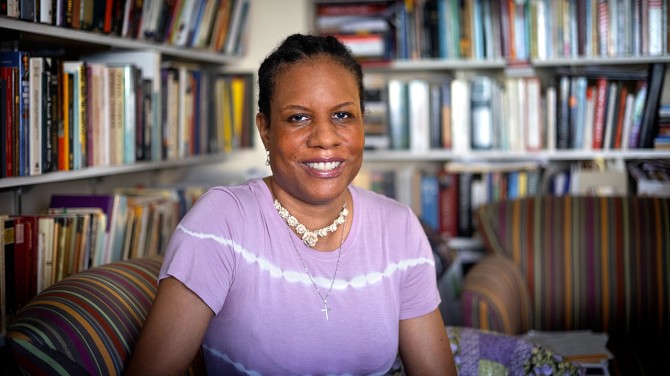Retrofitting a 120-year-old building to be more water efficient can have exceptional challenges – just ask the Coop family.
They own and operate Smith House, which was one of the original student accommodation complexes in Armidale and continues to be among the city’s largest providers of long-term accommodation.
The Coops are working closely with Council to curb Smith House’s water consumption, in response to the Level 5 restrictions currently in place.
That can be particularly tricky when many of the buildings date back to the turn of the 19th Century and comparatively ‘recent’ updates are still 50 or 60 years old.
Many of the toilets in the 150-bed complex don’t have their own cisterns and instead use a flusher tank in the ceiling – very different to modern highly-efficient dual-flush systems.
Gravity-feed hot water tanks in the ceilings also restrict the potential for water-saving showerheads.
So Paul, his mother Beth and handyman Andy Mayled – in consultation with Council officers – have identified ways to work around the limitations, including the installation of a 25,000 litre water tank to harvest rainwater from the vast roof space on their 1.3 hectare complex.
“Many of the design features date back to a time when water and power efficiency was not a consideration and it’s not financially viable to make changes such as replacing the centralised tanks that flush the 50 toilets in the two-story block,” Paul said.
Smith House also has a commercial laundry for its residents, which uses a considerable amount of water even though the five front-loading washing machines were the most water-efficient commercial models available when they were installed.
“So the best option is to ensure these washing machines, laundry sinks and the toilets are fed by rain water from the new tank,” Paul said.
The complex began life as a girls school, then served as dormitories for the teachers college from the 1970, and became part of the University of New England in the 1980s. It was purchased by Beth and her late husband Barry 20 years ago so it could continue the tradition of central Armidale long-term accommodation.
Since then, the Coops have chipped away at a number of improvements to address rising power, gas and water bills.
Water-efficient mixer taps and ceramic washers have been fitted throughout the buildings and solar panels are an increasingly common sight on the rooftops. Timers have been fitted to lights, all bulbs have been replaced with LED options and Paul and Beth are committed to progressively installing hundreds of solar tubes to assist with water heating.
However, the sheer number of the tenants at Smith House and the nature of the complex mean it is still one of the region’s biggest water uses and the Coops took the opportunity for a business audit by Council when water restrictions were implemented.
Equipped with information from the audits, the Coops have their own internal education campaign to advise tenants about the restrictions and tips to save water. Water wise posters and door hangers promoting three-minute showers are displayed throughout the complex and staff regularly share information about water restrictions during face-to-face contact with tenants.
A number of residents at Smith House are international students, including a significant proportion from developing nations. Paul, a former physics lecturer, and his family have an emphasis on providing low-cost accommodation and treasure the role Smith House plays in enabling these students to obtain further education.
Paul said the nature of the Smith House community presented both challenges and advantages in water conservation.
“Our accommodation rates are as low as we can keep them, which can make it difficult to inject money into new infrastructure,” he said.
However, Paul said while his family chipped away at physical changes to the buildings, the residents are typically very receptive to messages about water saving.
“For some of our residents, having running drinking water in the home is something new to them. That tends to make them very respectful of protecting the water supply here,” he said.
“They see themselves as ambassadors for their countries and want to do the right thing by this country.”








